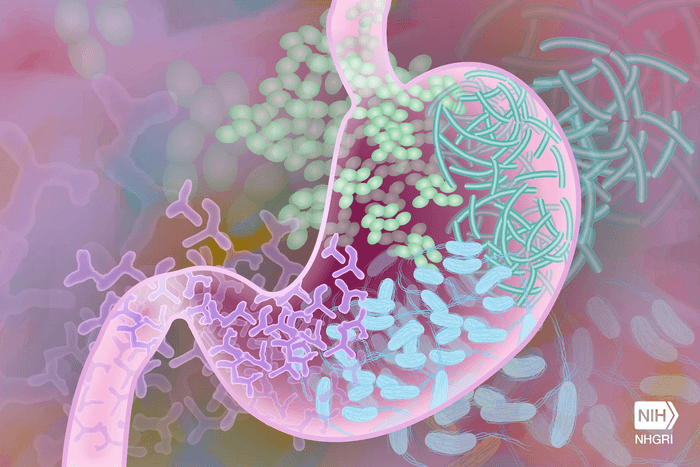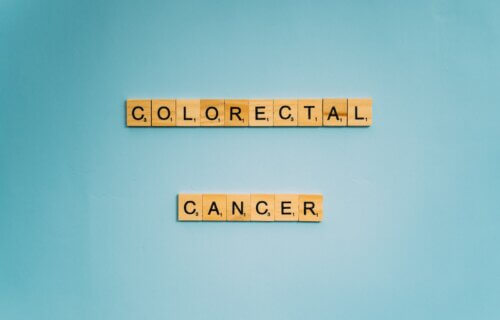COPENHAGEN, Denmark — Differences in gut bacteria might be pivotal in predicting the emergence of colorectal cancer, according to a new study. A team of European scientists found discrepancies in the gut microbiome of individuals who developed pre-cancerous colonic lesions. This hints at a potential relationship between gut bacteria and the emergence of colorectal lesions and cancers.
The results of this expansive study introduce promising avenues for detecting and thwarting this form of cancer, which stands as the second primary cause of cancer-related fatalities.
The Netherlands-based research team incorporated data from 8,202 participants. They melded information from the Dutch Microbiome Project with the Dutch nationwide pathology database, pinpointing all documented cases of colonic biopsies over the past 50 years.
Given that colorectal cancer is Europe’s second most common cancer and the second chief cause of cancer-related deaths, it’s a major health concern. It often originates from pre-cancerous lesions in the gut. Therefore, eradicating these lesions becomes a potent preventative measure against colorectal cancer.
Current non-invasive detection methods, like the fecal immunochemical test, tend to yield many false positives, which can result in needless colonoscopies.

The team assessed the gut microbiomes of those who developed pre-cancerous colorectal lesions prior to fecal sampling done between 2000 and 2015, and those diagnosed post-sampling from 2015 to 2022. The analyses then contrasted these groups against individuals with standard colonoscopy results and the broader population.
For a more comprehensive understanding of the gut microbiome’s role, the scientists further explored specific bacterial strains and their gut functions by reconstructing their genomes using metagenomic data.
The research disclose that individuals who manifested colonic lesions post-fecal sampling exhibited a more diverse gut microbiome compared to those without lesions. Additionally, there were evident distinctions in the microbiome’s composition and function among individuals with either prior or forthcoming lesions, and this variation also depended on the lesion type.
Significantly, bacterial species from the Lachnospiraceae family and the Roseburia and Eubacterium genera were associated with the eventual emergence of lesions.
“While we didn’t investigate mechanisms in this study, it is known from previous research that some of the bacterial species identified may have properties that could contribute to the development of colorectal lesions,” says Dr. Ranko Gacesa, the study’s primary author from the University Medical Center Groningen in the Netherlands, in a media release. “A bacterium called Bacteroides fragilis, for example, is known to produce a toxin that can lead to chronic low-grade inflammation in the gut. Prolonged inflammation is believed to be potentially genotoxic and carcinogenic, meaning it may cause genetic damage and promote cancer.”
The researchers assert that an individual’s gut microbiome might be instrumental in refining early detection techniques for colorectal cancer.
“The connection between the gut microbiome and pre-cancerous lesions has been underexplored, leaving uncertainty about whether gut bacteria can predict the future onset of colorectal cancer. Our findings suggest that the microbiome could act as a valuable tool to improve existing tests, advancing early detection methods for pre-cancerous lesions and colorectal cancer.”
The findings were presented at the United European Gastroenterology (UEG) Week 2023 in Copenhagen, Denmark.
South West News Service writer James Gamble contributed to this report.

